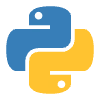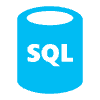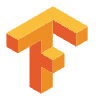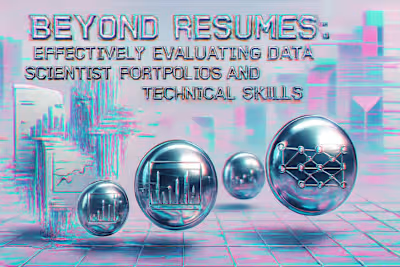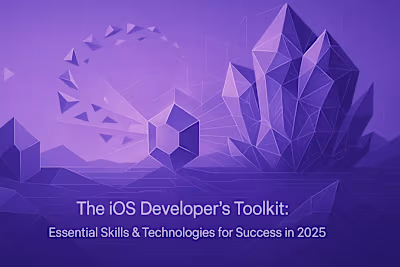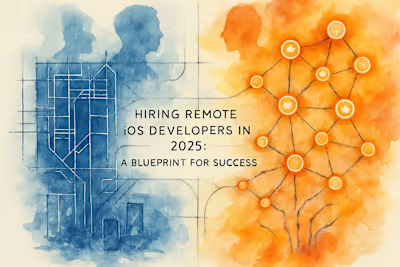Essential Skills Every Great Data Scientist Needs: A Hiring Guide
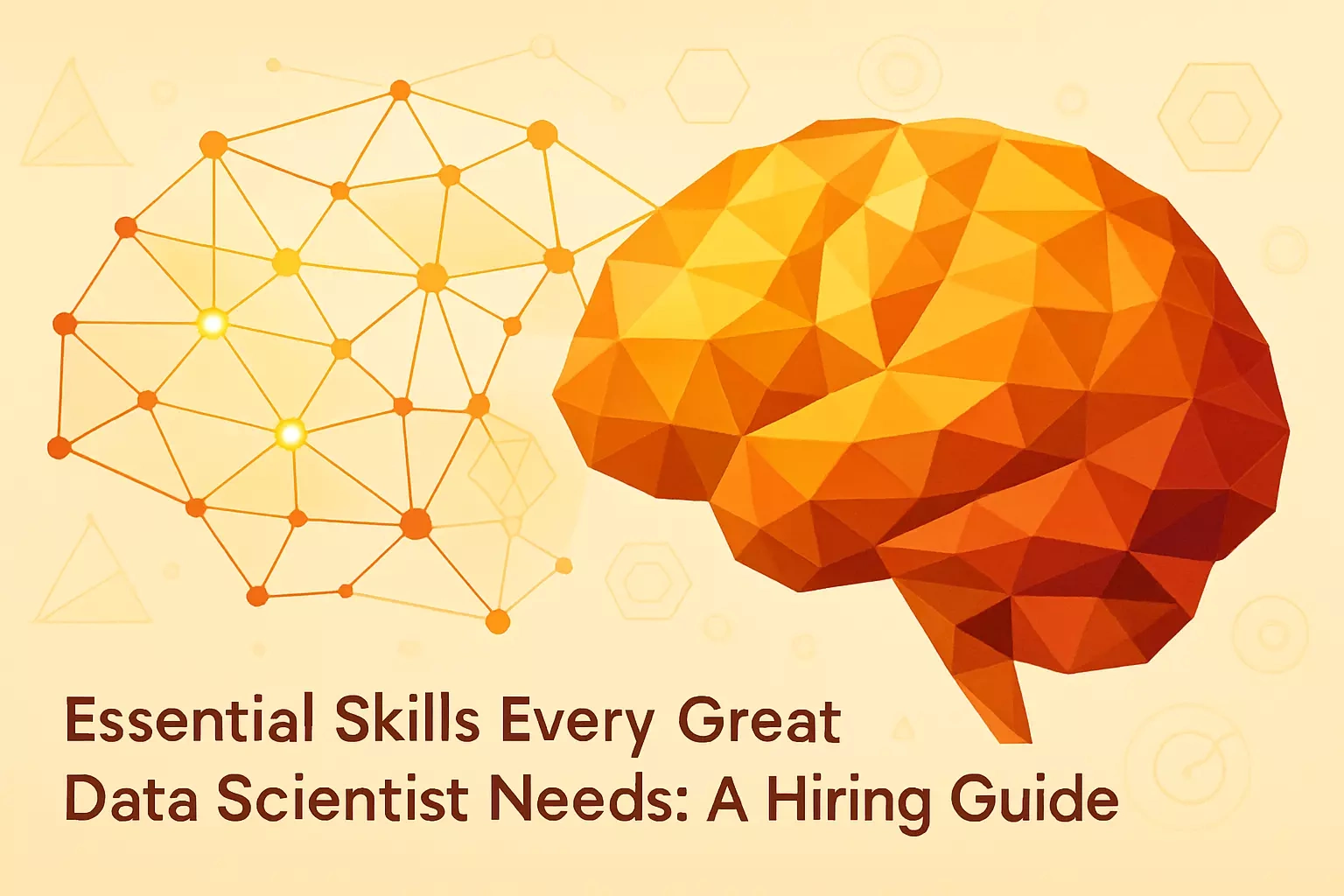
Essential Skills Every Great Data Scientist Needs: A Hiring Guide
The Anatomy of a Data Scientist: Beyond the Buzzwords
Why a Mix of Skills is Crucial
Skills Vary by Role Specialization
Core Technical Skills for Data Scientists
Programming Languages: Python and R
Database Knowledge: SQL and NoSQL
Mathematics and Statistics
Machine Learning and AI
Data Wrangling and Preprocessing
Data Visualization
Big Data Technologies (Optional but Valuable)
Cloud Computing Platforms (AWS, Azure, GCP)
Essential Soft Skills for Data Scientists
Problem-Solving and Critical Thinking
Communication Skills (Verbal and Written)
Business Acumen and Domain Knowledge
Curiosity and Continuous Learning
Collaboration and Teamwork
Adaptability and Agility
Attention to Detail
How to Identify These Skills During Hiring
Screening Resumes and Portfolios
Behavioral and Technical Interview Questions
Practical Assessments and Case Studies
Conclusion: Hiring for a Well-Rounded Skillset
References
Essential Skills Every Great Data Scientist Needs: A Hiring Guide
The Anatomy of a Data Scientist: Beyond the Buzzwords
Why a Mix of Skills is Crucial
Skills Vary by Role Specialization
Core Technical Skills for Data Scientists
Programming Languages: Python and R
Database Knowledge: SQL and NoSQL
Mathematics and Statistics
Machine Learning and AI
Data Wrangling and Preprocessing
Data Visualization
Big Data Technologies (Optional but Valuable)
Cloud Computing Platforms (AWS, Azure, GCP)
Essential Soft Skills for Data Scientists
Problem-Solving and Critical Thinking
Communication Skills (Verbal and Written)
Business Acumen and Domain Knowledge
Curiosity and Continuous Learning
Collaboration and Teamwork
Adaptability and Agility
Attention to Detail
How to Identify These Skills During Hiring
Screening Resumes and Portfolios
Behavioral and Technical Interview Questions
Practical Assessments and Case Studies
Conclusion: Hiring for a Well-Rounded Skillset
References
Posted Jun 12, 2025
Discover the key technical and soft skills that define a successful data scientist. Learn what to look for when hiring for your team.

